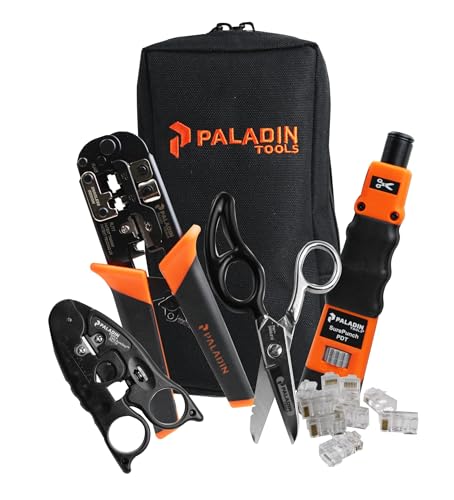Hi all,
I always hear about people coming right out of school, thinking they know everything and can do everything.
Sadly, I feel the exact opposite, and I didn't do poorly in school either. I graduated with a pretty high GPA (3.84 out of 4.00), passed the FE exam without even looking at the supplied reference handbook before hand and I even walked out of both morning and afternoon sessions about an hour early. I also had an internship for two years (full time summer, part-time semester) and did some research.
Anyways, I started my first job, been here about a month and a half and I honestly feel like I don't know anything and am not even sure I should be an engineer. I work at a company that does stuff like servos and actuators and they hired me on as an entry level mechanical engineer. The problem is, they ask me to do certain tasks and I honestly feel like a lot of it is way over my head and college did very little to prepare me for this.
The one guy tells me not too worry to much and that they know I am just out of school and don't expect much. I am just wondering how other people felt at their first job, if they had this feeling, how long it took before you felt like you had a good handle on what you were doing, and if you have any advice on easing this transition.
Also, how was the transition from not knowing anything to being an experienced professional engineer? Did you just do something to the best of your ability and then the more experienced guys ripped you apart and pointed out what you did wrong and you just kept doing this process over and over again until you were doing everything right? Or did you rely on a lot of standard specifications, like by ANSI or whatever, and read more advanced books / journals? Or some combination?
Sorry for the long post, but any advice is welcomed!
I always hear about people coming right out of school, thinking they know everything and can do everything.
Sadly, I feel the exact opposite, and I didn't do poorly in school either. I graduated with a pretty high GPA (3.84 out of 4.00), passed the FE exam without even looking at the supplied reference handbook before hand and I even walked out of both morning and afternoon sessions about an hour early. I also had an internship for two years (full time summer, part-time semester) and did some research.
Anyways, I started my first job, been here about a month and a half and I honestly feel like I don't know anything and am not even sure I should be an engineer. I work at a company that does stuff like servos and actuators and they hired me on as an entry level mechanical engineer. The problem is, they ask me to do certain tasks and I honestly feel like a lot of it is way over my head and college did very little to prepare me for this.
The one guy tells me not too worry to much and that they know I am just out of school and don't expect much. I am just wondering how other people felt at their first job, if they had this feeling, how long it took before you felt like you had a good handle on what you were doing, and if you have any advice on easing this transition.
Also, how was the transition from not knowing anything to being an experienced professional engineer? Did you just do something to the best of your ability and then the more experienced guys ripped you apart and pointed out what you did wrong and you just kept doing this process over and over again until you were doing everything right? Or did you rely on a lot of standard specifications, like by ANSI or whatever, and read more advanced books / journals? Or some combination?
Sorry for the long post, but any advice is welcomed!





















